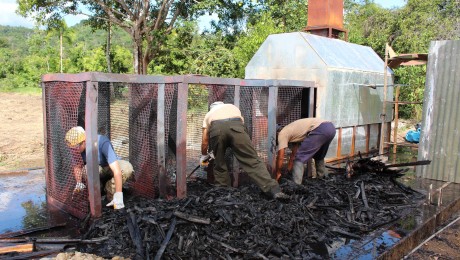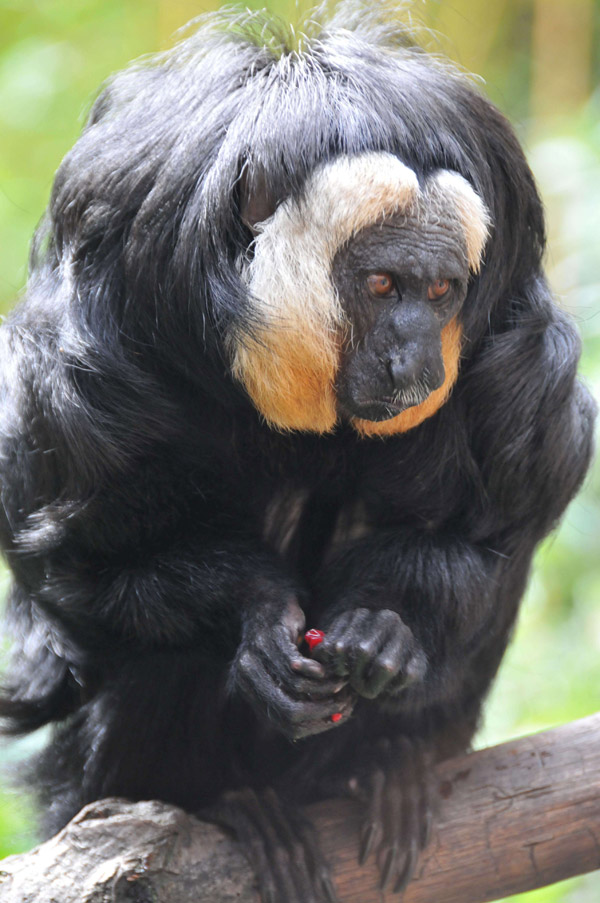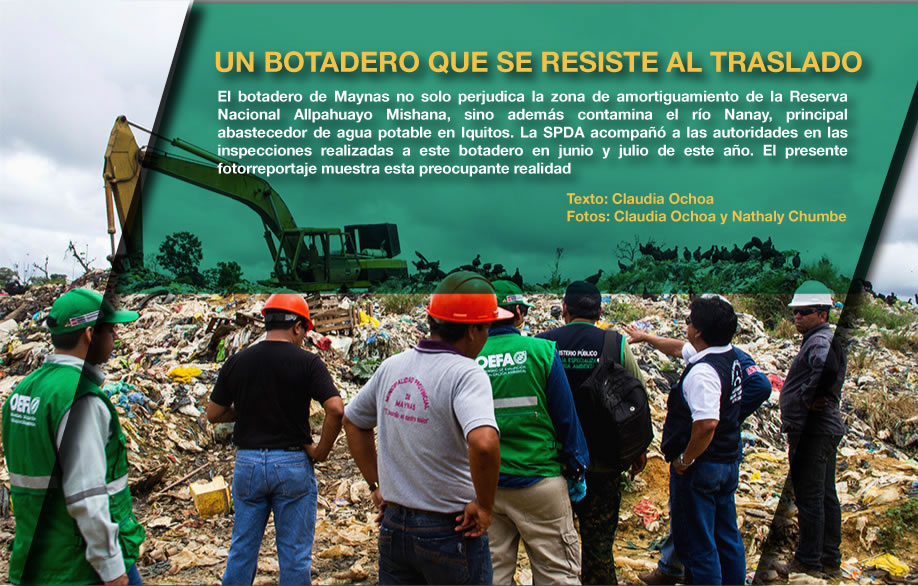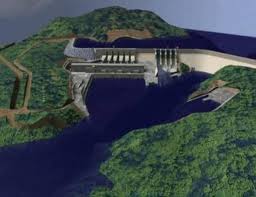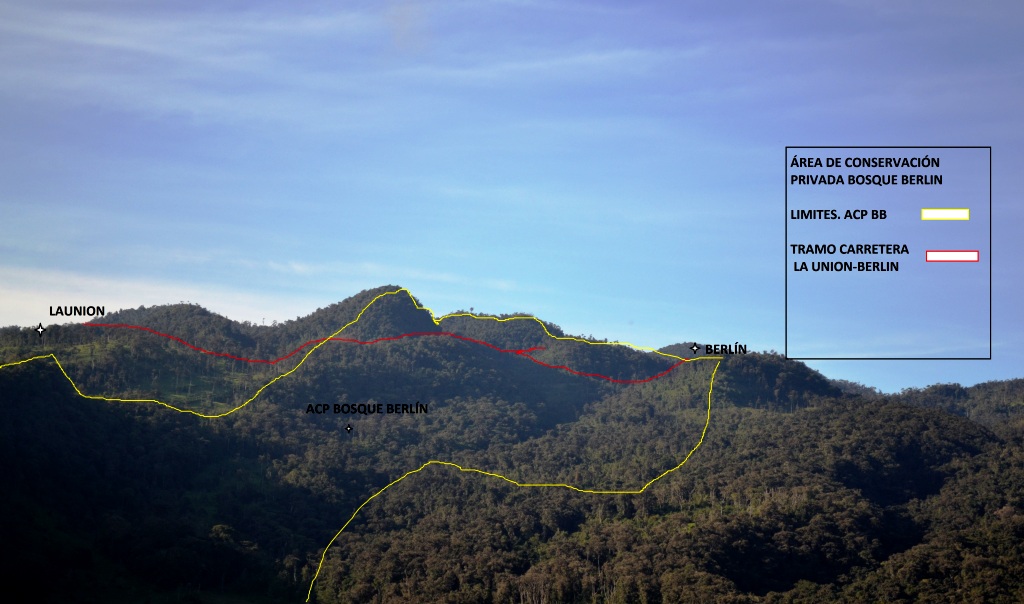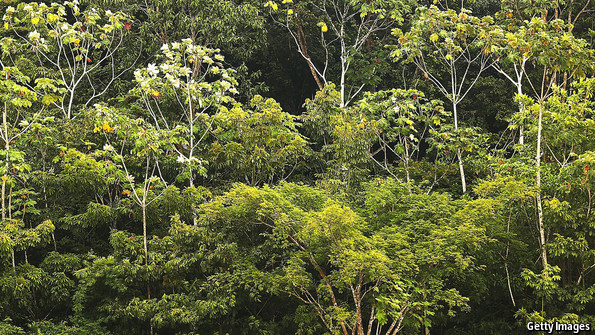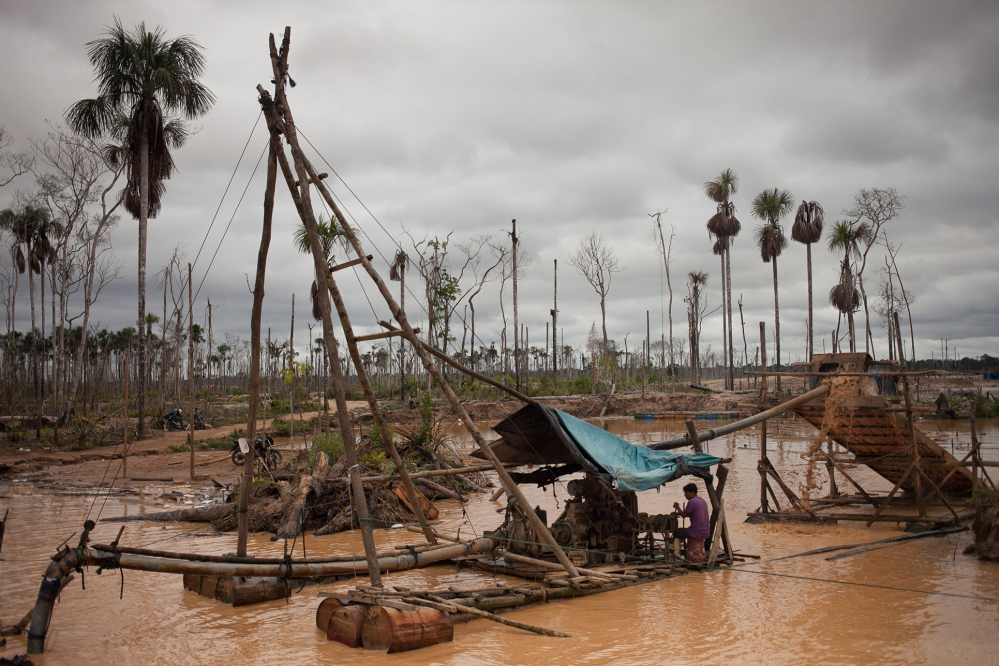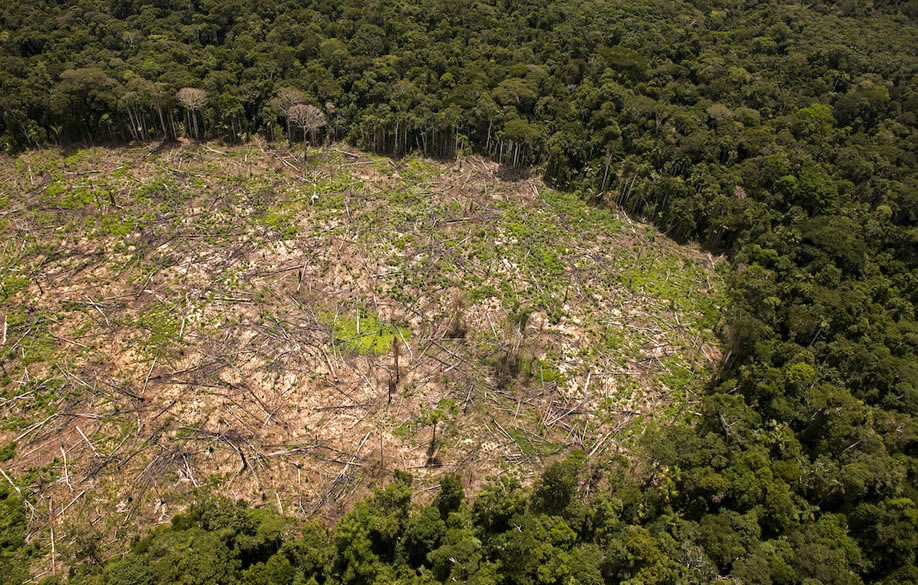A new technology being developed by Wake Forest researchers could help reverse the devastating effects of deforestation and mining on the world’s largest rainforest.
Tag: Amazon
Scientists uncover five new species of ‘toupee’ monkeys in the Amazon
The director and co-founder of the Global Conservation Institute, spent ten years studying the saki monkey family. This monkeys, like all South American primates, suffer from the effects of region-wide habitat disturbances.
Modern conservation shaped by early Amazon explorers
Many of our ideas about the natural world and environmentalism can be traced back to two trailblazing 19th century explorers who continue to inspire scientists heading to the Amazon rainforest to identify new species.
Loreto: the dump that resists transfer (multimedia report)
The 1.5 kilometer road from Iquitos – Nauta was not a suitable place to dispose waste because of the harm to the health of people living nearby, and it is affecting the biodiversity of the area.
IBAMA granted an installation license to São Manoel Hydroelectric Plant
The Brazilian Institute of Environment and Renewable Natural Resources (IBAMA) granted a license to install the Hydroelectric Plant of São Manoel, planned at the Teles Pires River, at the border between Mato Grosso and Pará.
Global Ideas: Exploring remote corners of the Amazon
Film follows researchers as they aim is to find new species and underline the biological significance of the region.
Amazon: new route would affect private conservation area in Bagua Grande Bosque Berlin
The problem of the “Cruce Chucmar-La Unión-Berlín” is that it has no approved environmental management tool and has not been based on previous communication with the owners of the properties that would be affected.
The Economist: Tropical forests: A clearing in the trees
Typically, countries start in poverty with their land covered in trees. As they clear it for farms or fuel, they get richer—until alarm bells ring and they attempt to recover their losses.
The Washington Post: Peru fights gold fever with fire and military force
As many as 40,000 illegal miners — mostly poor, Quechua-speaking laborers from Peru’s Andean highlands — have invaded some of the most pristine and biologically rich sections of ancient forest in the Amazon basin.
Protected areas controlled Amazon deforestation in recent decades
Protected areas were able to control and prevent, to some extent, deforestation progress in recent decades in the Peruvian Amazon, said researcher of the Group of Analysis for Development, Manuel Glave Testino.


